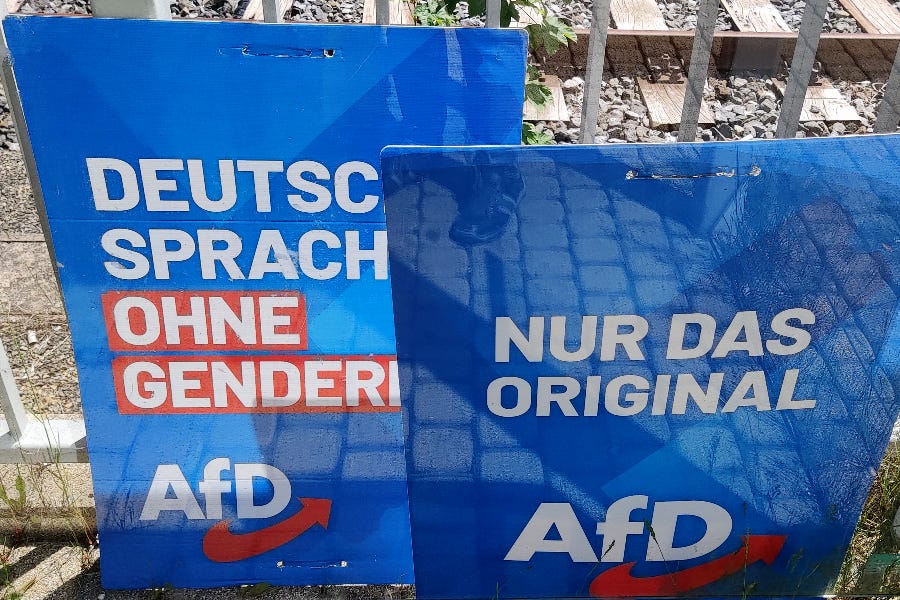German bishops v. the AfD: Who’s winning?
The bishops condemned the party, but it has just claimed a ‘historic’ election victory.
In February, Germany’s bishops took the rare step of condemning a political party by name.
On Sept. 1, that party won its first state election, in what observers described as a “political earthquake” in Western Europe’s most populous nation.
Has the bishops…

